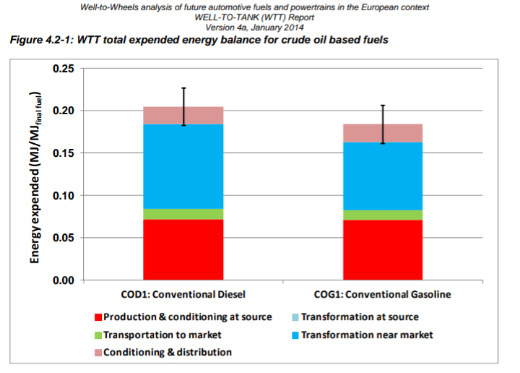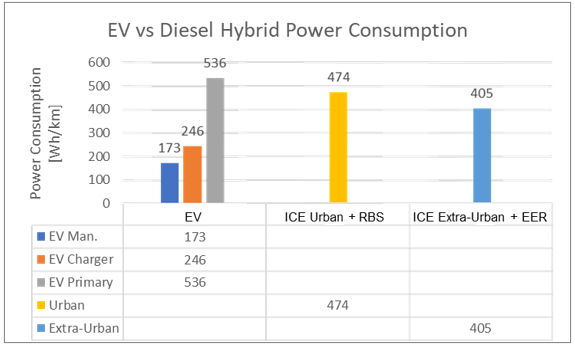And funnily enough they just brought in a bunch of new laws regarding vehicle mods , of which included an Anti-Tampering” section , can see how that is needed when some clever wiz will work out how to reprogram cars to show less miles …Anything to do with government and computers is fraught with danger, there is already talk of speed limits by satalite direct to vehicles so billing for miles could be next step, see what Norway are going to do they have high EV take up
20 years when some people said about the whole Big Brother thing , others laughed …..




 , which should have been done to make it fair) and worked out it would be equivalent to 40 odd mpg, but purely on price - though on pure energy input as you say most calculations seem to suggest EVs are in the hundred odd mpg equivalent range.
, which should have been done to make it fair) and worked out it would be equivalent to 40 odd mpg, but purely on price - though on pure energy input as you say most calculations seem to suggest EVs are in the hundred odd mpg equivalent range.







